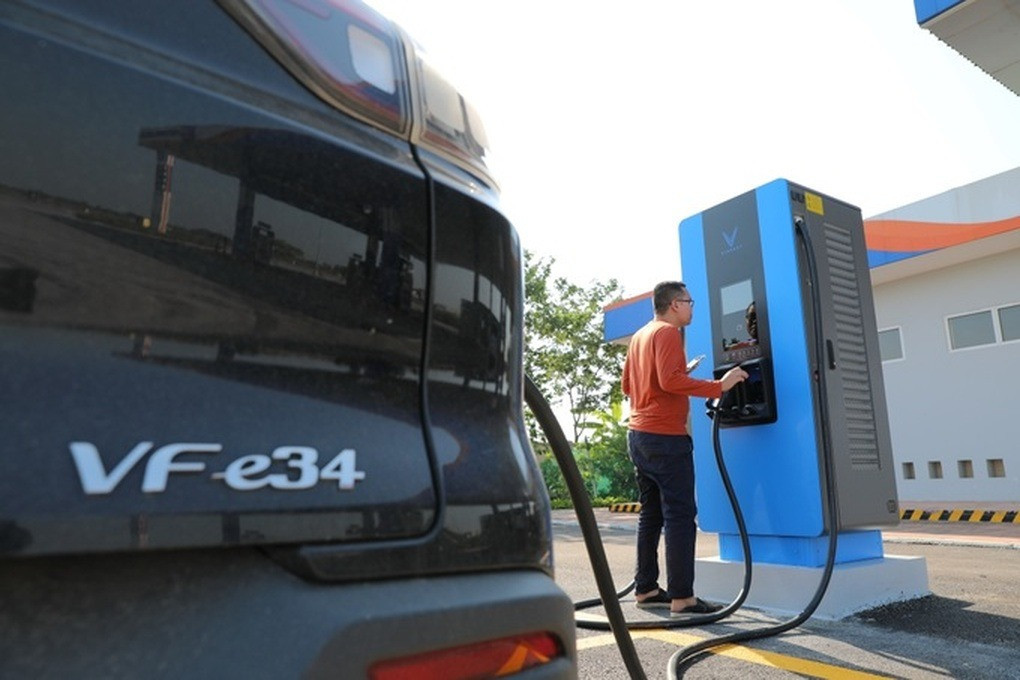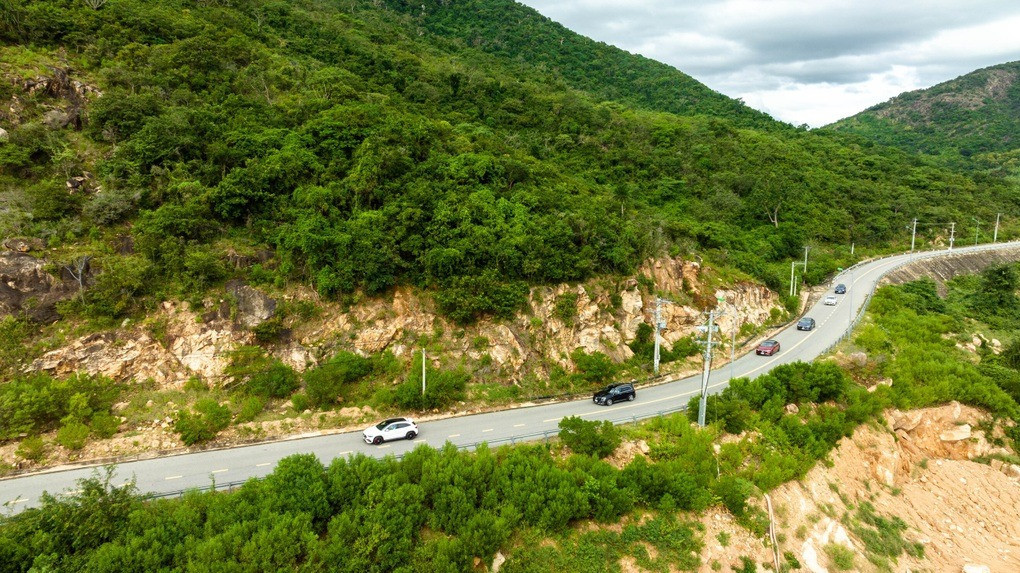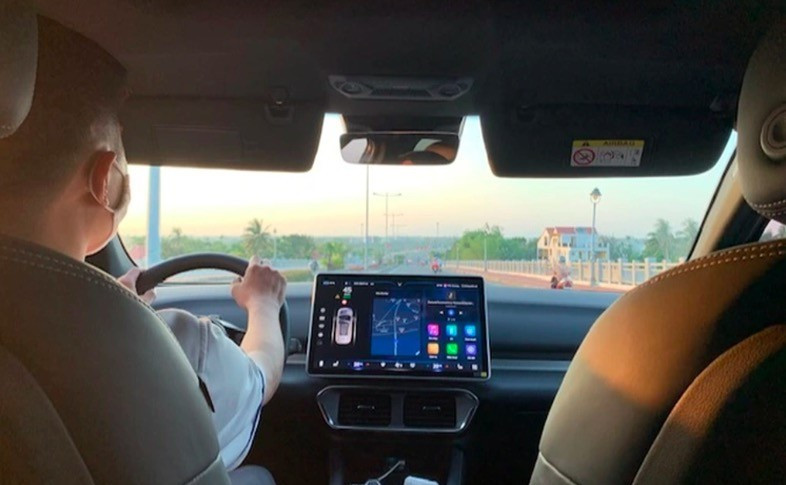How to avoid unexpected events on the road when driving your own car for spring travel
Even for those who have been driving for a long time, being subjective and not preparing carefully before the trip can lead to many troubles and costly expenses when driving long distances during the spring trip.
Lunar New Year is an ideal occasion for people to travel with friends or relatives. Instead of choosing to fly, many people prefer to drive their own cars for long distance trips, so they can proactively visit more places.
If you are one of them, you can refer to some of the notes below to ensure safety for yourself and your companions.
Before departure
Vehicle inspection
To keep everything running smoothly and avoid the car "breaking down", a few days before setting off, we should carefully check the car's components such as the battery, lights, spark plugs, air filter, tires, brakes, engine oil, engine coolant, windshield washer fluid, wipers, etc.
Refuel/Charge electric vehicle battery
Currently, there are many gas stations or VinFast electric car charging stations along the roads, but proactively filling up the fuel tank or fully charging the electric car battery will make the journey smoother and save time.

With electric cars from other brands, finding a charging station will take more time, because it is not available at many gas stations along the road from North to South like charging stations like VinFast's.
Prepare full documents:
Don't forget to bring necessary documents such as: ID card, birth certificate or passport of children, driver's license, vehicle registration, insurance certificate, vehicle registration book,...
Find out the way:
Learning the route in advance will help us save a lot of time when choosing the route and calculating reasonable stops.

If we are not familiar with the road, we can rely on the support of navigation applications, positioning devices or navigation devices.
On the way
Absolutely do not use alcoholic beverages
Drinking beer and alcohol not only makes drivers less alert, more likely to feel sleepy, leading to the risk of accidents, but also faces heavy penalties.
Drivers who violate alcohol concentration regulations can be fined up to 40 million VND and have their driving license revoked for 2 years.
Avoid driving during "sleepy" hours
Drivers tend to get sleepy when driving long distances on straight and empty roads (usually highways and national highways), or driving during times when the body's biological rhythm requires rest (from 10 pm to 5 am or from 1 pm to 3 pm, especially after lunch).
“Dusk is first, dawn is second” is one of the slogans to help drive more safely. Accordingly, dusk and dawn are two periods when drivers are most likely to fall into “white sleep” – a state of temporary sleep behind the wheel, potentially posing an accident risk.

Dusk is the time of the afternoon, the sun has just set, the light is weak but the street lights and car lights may not be on, affecting the driver's ability to observe. In addition, in the afternoon, people are often tired, not alert.
Meanwhile, dawn is when the sun is rising, usually around 4-5 am, when the body follows its biological rhythm and easily falls into deep sleep. Therefore, driving at this time can easily make you feel tired and not alert enough to handle the situation.
Drivers are also more likely to become drowsy if they drive after a night of less sleep than usual, or after taking medications that have drowsiness as a side effect, such as cold medicine.
There is another reason that few people pay attention to but also makes the driver sleepy; that is the lack of oxygen inside the car, due to the unreasonable air conditioning mode. Therefore, the driver can lower the window a bit to let the outside air into the cabin, or adjust the air conditioning to take in outside air.
Stop or change drivers when feeling tired
Many drivers know they are tired or sleepy but subjectively think that they can chase away drowsiness by opening the car window or turning up the music in the car. However, the reality is that both situations can cause the driver to fall asleep at any time, putting themselves and other passengers in the car in danger.
In this case, instead of trying to continue driving, we should stop the car immediately, or change the driver to someone more alert, to ensure safety.
If there is no one to take over driving, the best way to handle this is to pull over to a safe location (rest stop) and recline your seat, close your eyes and relax, or set a timer for a short 10-15 minute nap to let the drowsiness pass.
However, you should not stop on the side of the road, in the emergency lane on the highway or in very isolated places. Gas stations or rest stops are the safest places.
Whenever you stop your car, to rest or refuel/charge the battery, make sure to lock the car doors carefully, avoid remote places, to prevent the risk of theft or even carjacking.
Obey traffic laws
Like drinking alcohol, not obeying traffic laws puts us at risk of traffic accidents and being fined.
Pay attention to traffic culture
In addition to complying with the law, we also need to pay attention to civilized behavior when participating in traffic, avoiding arguments and fights on the road.
Many people think that they just need to follow the law, or need to "warn" the wrongdoer. However, when participating in traffic in general and driving long distances in particular, it is necessary to limit conflicts. Instead, try to give way to ensure safety.
For example, when the car behind signals to pass, if it is safe, turn on your turn signal and move to the right lane to give way, instead of deliberately turning left or accelerating to block the way, even though you may not be wrong in principle.
Wishing you a safe spring trip!


